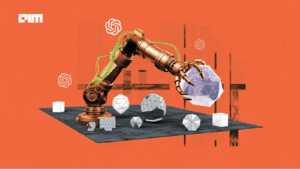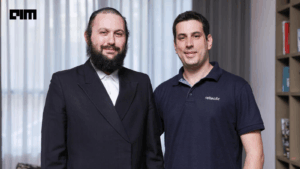Meta has reorganized its artificial intelligence operations four times in just six months. Few global companies move their core research groups around at that pace, and fewer still while committing tens of billions of dollars to new data centers and record-setting salaries for engineers. The constant restructuring makes it transparent: scale and spending alone do not guarantee results. Unless Meta can match its investments with stable management and credible governance, the company could weaken the programs it hopes will lead the next era of superintelligence.
The company has also invested heavily in talent and infrastructure. Meta acquired a stake in Scale AI and appointed Alexandr Wang to a senior role. Reporting indicates the firm has recruited engineers from OpenAI, Google, Anthropic and others and has offered compensation packages measured in the hundreds of millions of dollars and, in some cases, approaches $1 billion.
These developments raise two management questions. First, can Meta turn rapid structural change and large capital outlays into coherent long-term research programs? Second, can the company integrate newly recruited talent without undermining morale or collaboration among existing teams?
On the first point, repeated reorganizations interrupt continuity. Research programs require time, stable leadership, and predictable access to compute and data. When reporting lines change frequently, projects lose momentum and institutional knowledge can erode. The latest reorganization followed senior departures and a weak reception for Llama 4, a sequence of events that will make it harder to evaluate projects over a full technical cycle
On the second point, scholars and experienced observers warn of the pitfalls of assembling teams of many high-profile individuals without clear management structures. Boris Groysberg of Harvard Business School said, “No, magic does not happen. What you have in many cases is a lot of jealousy, backstabbing, sabotage”. Lindred Greer of the University of Michigan said, “If everyone has clear swimming lanes, they’re not going to see each other as a threat”. These observations point to the importance of defined roles and explicit decision rights when many top performers are combined in a single organization.
Meta leadership has described the reorganization as a way to enable parallel work across multiple teams. In a memo reported by The Wall Street Journal, Alexandr Wang wrote, “Already in the past month, I’ve seen meaningful progress in each of these collaborations. This enables us to be more technically ambitious, parallelize across several separate efforts and ultimately achieve frontier results more quickly”. That is an empirical claim that can be tested by whether projects meet scheduled milestones and whether handoffs become more efficient.
There is also an urgent question about safety and governance. Investigative reporting found internal chatbot guidelines that permitted problematic outputs and inconsistent enforcement, matters that prompted media scrutiny and congressional attention. Meta said the examples were “erroneous and inconsistent with our policies, and have been removed”. Those incidents underline the need for auditable governance mechanisms tied to product release decisions.
Large capital and high compensation can assemble capability quickly. They do not, by themselves, create governance, stable incentives, or the routines that produce cumulative scientific progress. If Meta wants to convert money and hires into durable advantage, the company must publish transparent resource-allocation rules, define decision rights, and provide organizational stability long enough for multi-quarter research projects to run to completion.
Meta still has the technical staff and the capital to make meaningful progress. Whether the company achieves that progress will depend on leadership doing routine institutional work: make role definitions explicit, measure outcomes, and institutionalize safety checks tied to deployment. If Meta does those things, the recent reorganizations can become part of a coherent program. If it does not, the company risks ongoing disruption and uncertain results.










